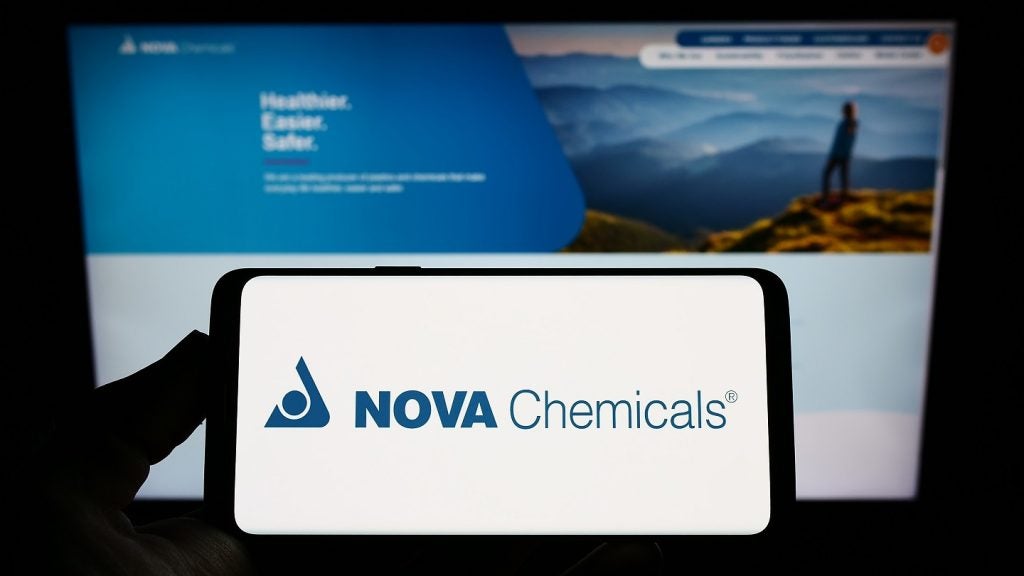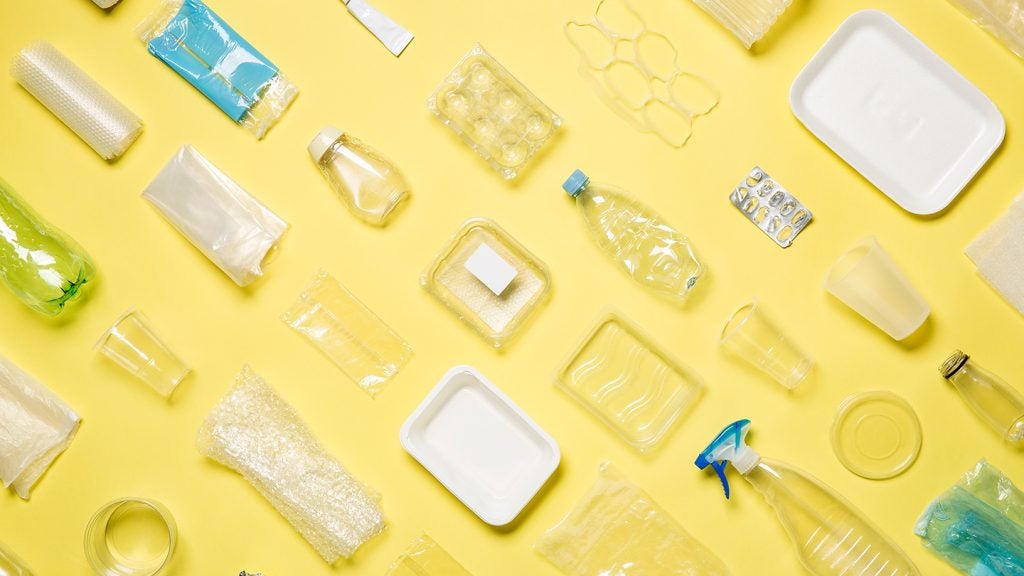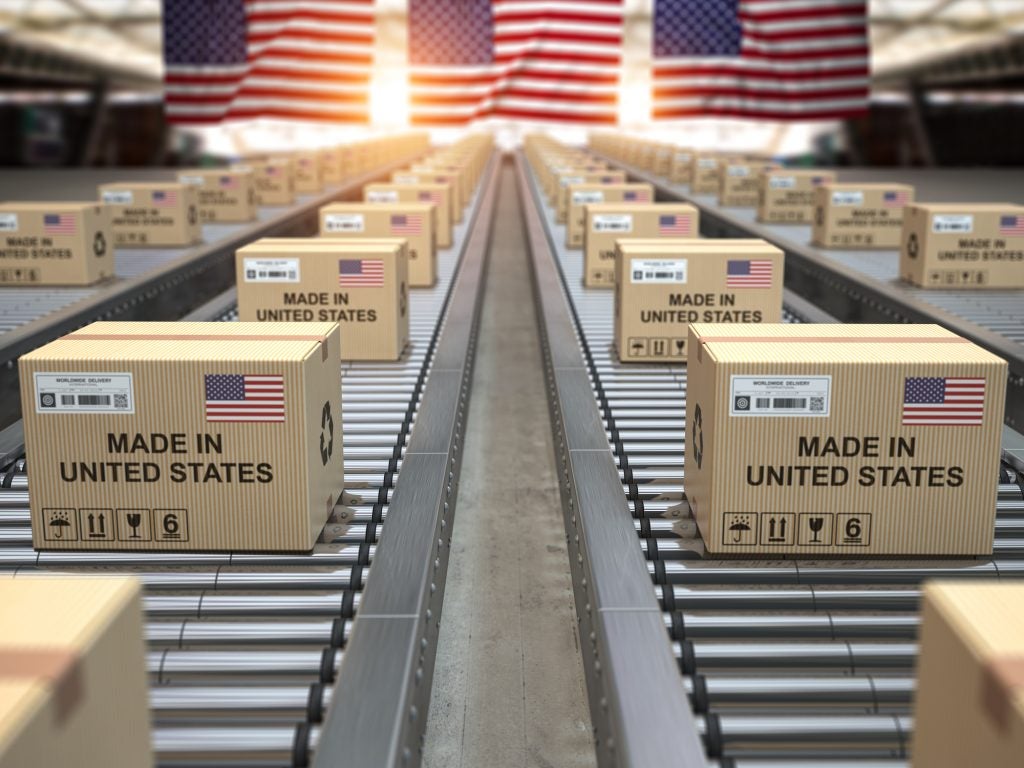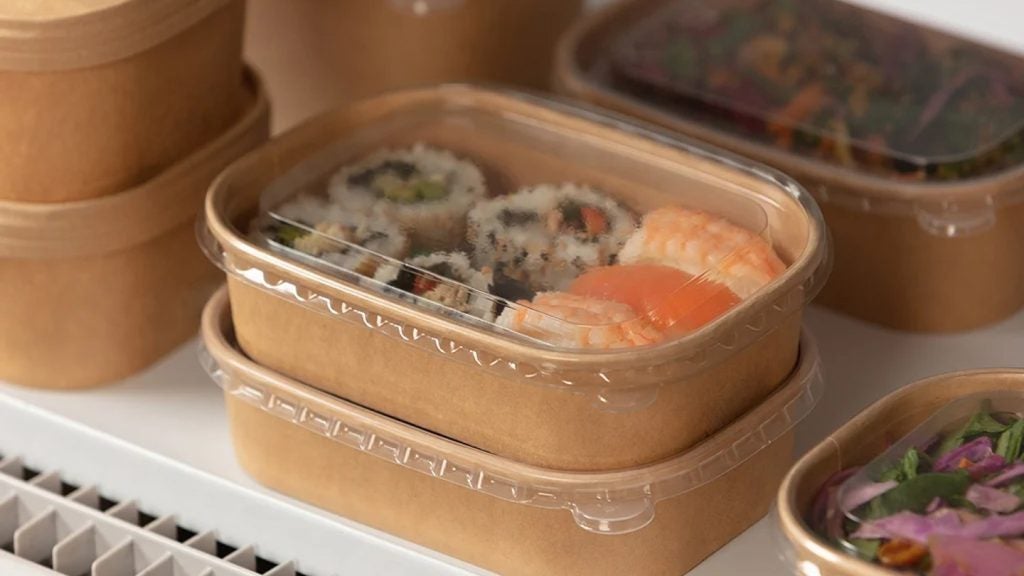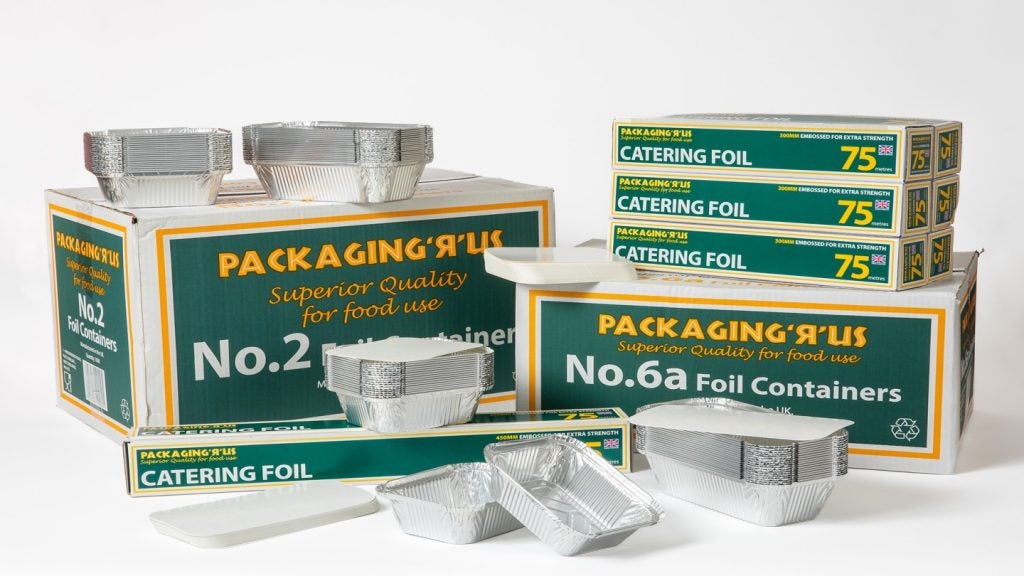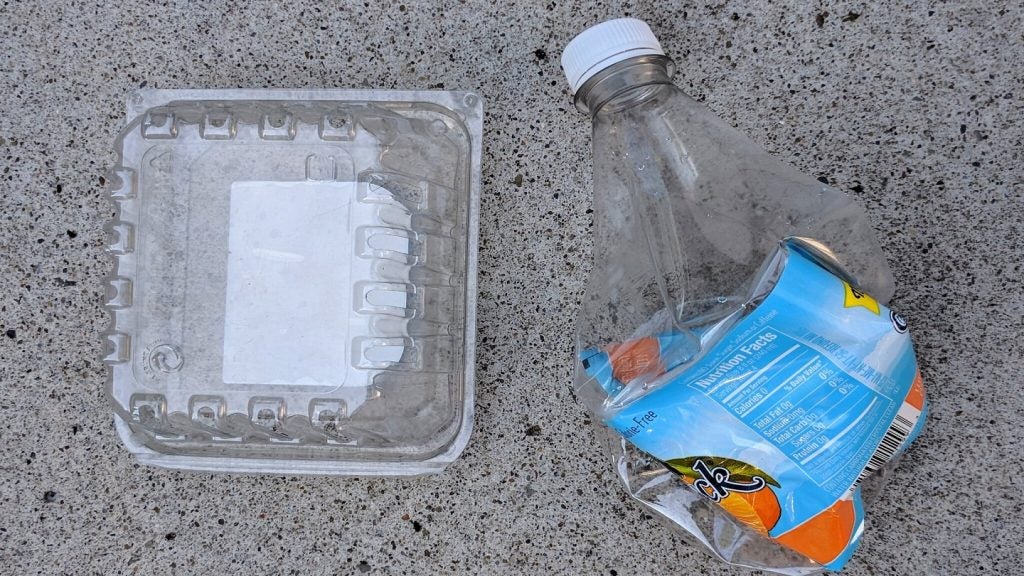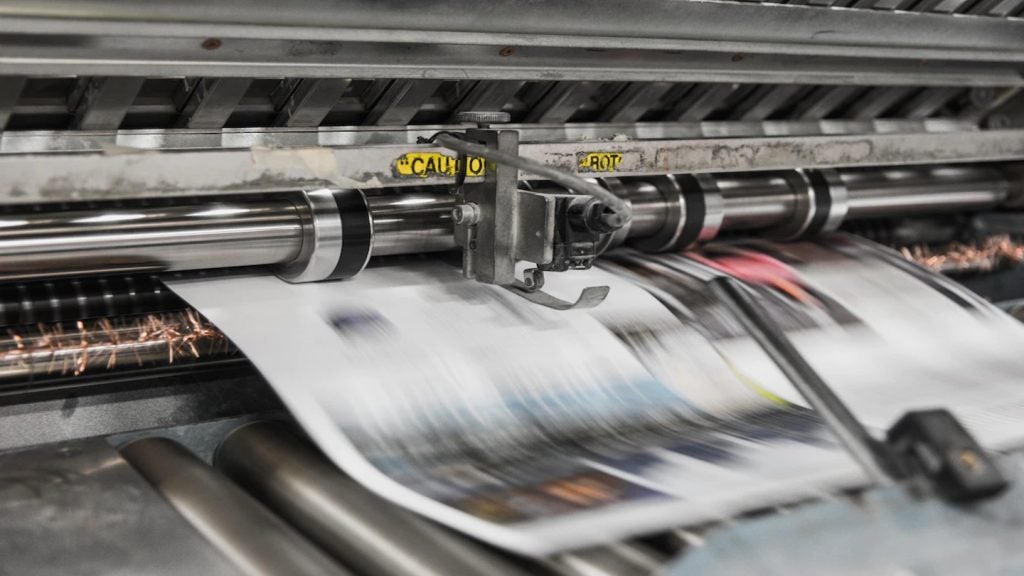In an effort to combat the escalating issue of plastic pollution, the governments of Colombia, Jamaica and Panamá have launched a groundbreaking $42m initiative.
This project focuses on integrating circularity strategies at the city level to effectively address the pervasive problem of plastic waste.
Plastic, a widely used material found in various products and packaging, has become a major environmental concern due to its widespread use, single-use nature, and harmful impact on ecosystems.
If left unchecked, the current plastic pollution crisis is projected to triple by 2060.
Triple planetary crisis compounded by plastic pollution
Plastic waste poses a significant threat to the environment, contributing to the triple planetary crisis encompassing climate change, loss of biodiversity and nature and pollution.
A substantial portion of plastic is single-use, with 32% contaminating soil and freshwater ecosystems. Shockingly, around 10 million tonnes of plastic enter the oceans each year, further exacerbating the crisis.
This pressing issue calls for transformative measures to alter the way products are designed, manufactured, used, and discarded.
Circularity approach: a path forward to combat plastic pollution
Recognising the urgent need for action, the joint project places emphasis on circularity – a concept that aims to maintain materials, including plastics, at their highest value within the value chain for as long as possible.
By shifting from the traditional linear "take, make, waste" approach to a circular economy, the initiative aims to reshape consumption patterns and waste management practices.
This project, led by the United Nations Environment Programme (UNEP) with funding from the Global Environment Facility (GEF), aims to foster circularity in cities in Colombia, Jamaica and Panamá.
Key objectives and impact of the project
- City-level adoption of closed-loop policies: The project seeks to guide the three participating countries in adopting policies that prioritise closed-loop systems, effectively minimising plastic waste generation
- Engaging the private sector and creating inter-city networks: The initiative aims to collaborate with the private sector to encourage circular practices and to establish a network of Latin American and Caribbean cities dedicated to addressing marine plastics and plastic pollution more comprehensively.
- Reduction of unnecessary plastic use and promotion of circular business models: By leveraging policy tools and financial measures, the project intends to reduce the use of toxic or unnecessary plastic products. It also plans to curtail the open burning of plastics and introduce reuse and refill systems, along with innovative circular business models.
GEF CEO and chairperson Carlos Manuel Rodríguez said: "Embracing circularity lies at the heart of our work in cities as a powerful weapon in the fight against plastic pollution. By reimagining our approach to consumption and waste, we can safeguard our marine ecosystems and empower others across Latin America and the Caribbean to do the same. Prevention is protection."
Promising outcomes and future prospects
Shifting to a circular economy has the potential to reduce ocean plastic pollution by over 80%, significantly decreasing the reliance on new plastic production.
This transition could save governments more than $70bn within two decades and create approximately 700,000 new jobs by 2040.
The four-year project, involving cities such as Barranquilla, Cartagena, Kingston, Montego Bay, Panamá City and Colón, aims to serve as a model for the wider Caribbean Region. It also aligns with the Cartagena Convention's commitment to controlling and preventing marine pollution.
As the world grapples with the urgent need to tackle plastic pollution, this collaborative effort among Colombia, Jamaica and Panamá stands as a beacon of hope, demonstrating the potential for systemic change to safeguard the environment and future generations.




